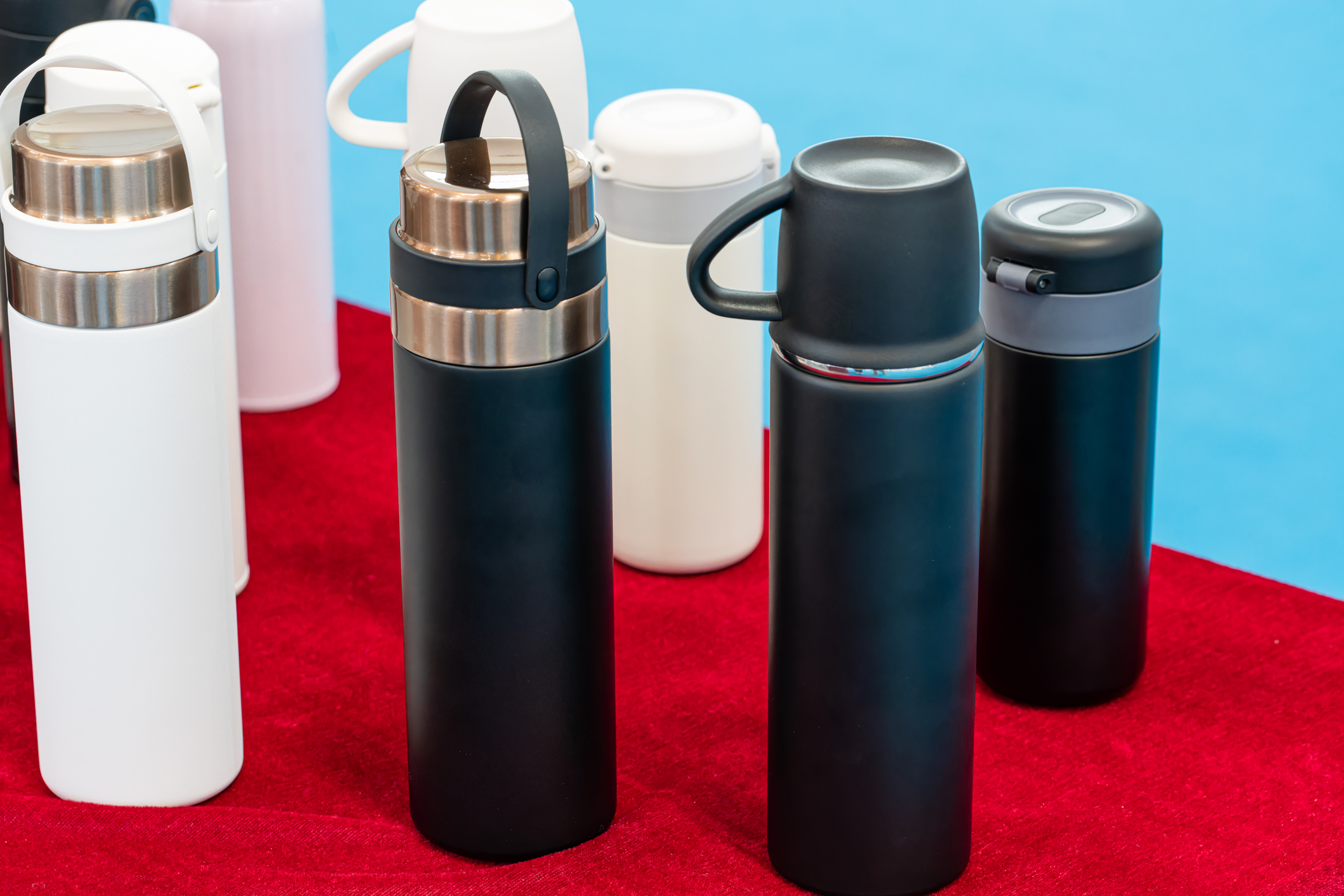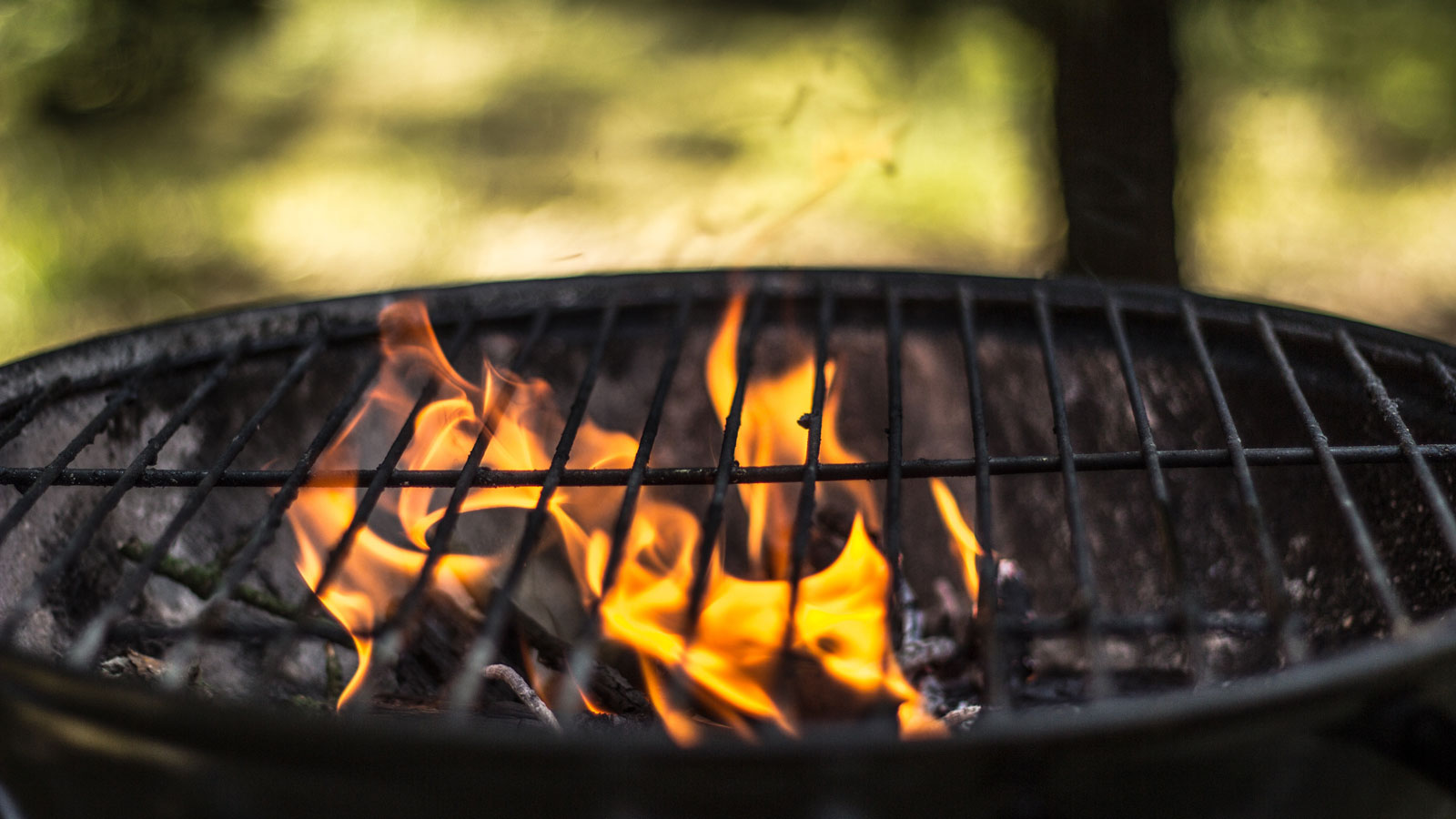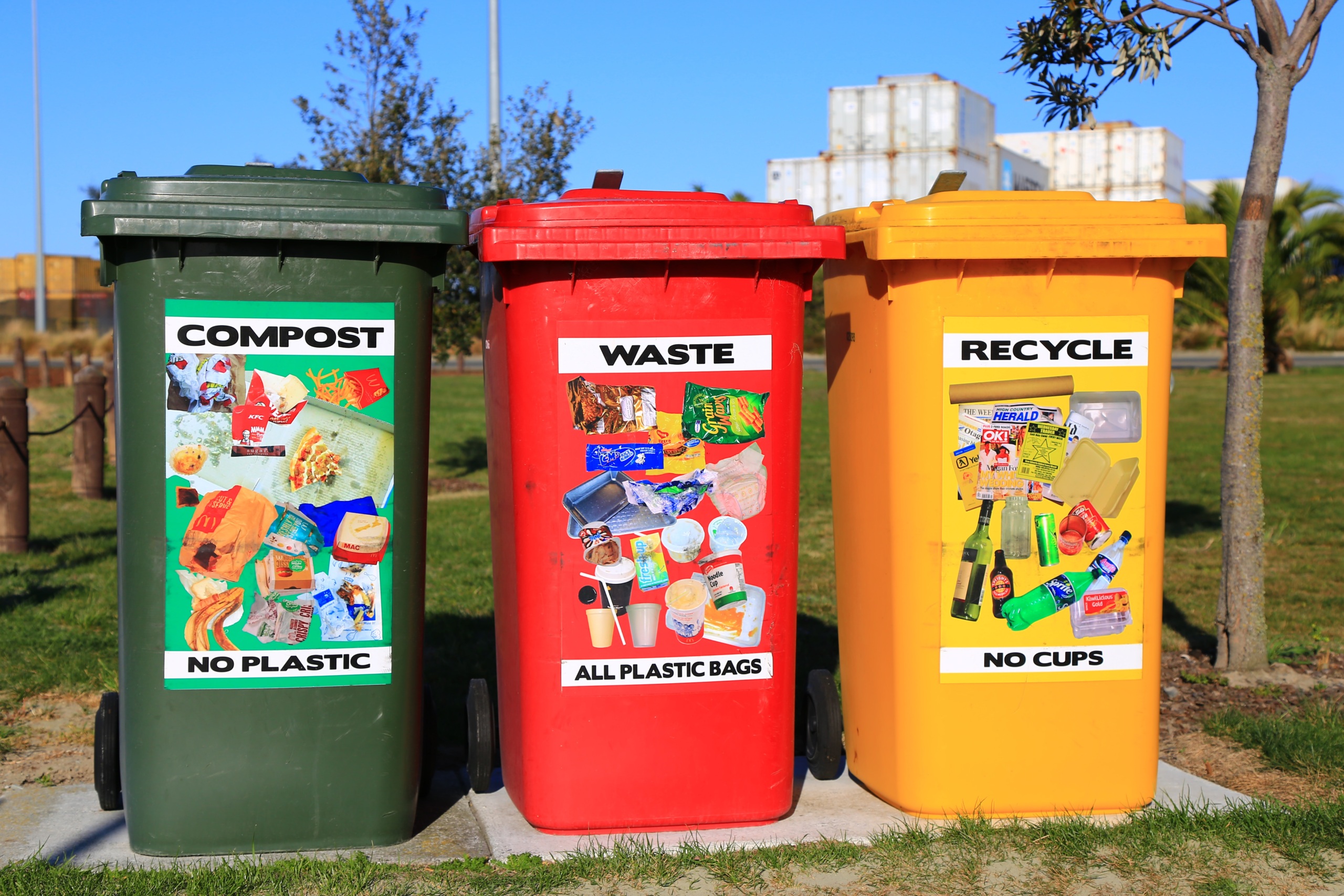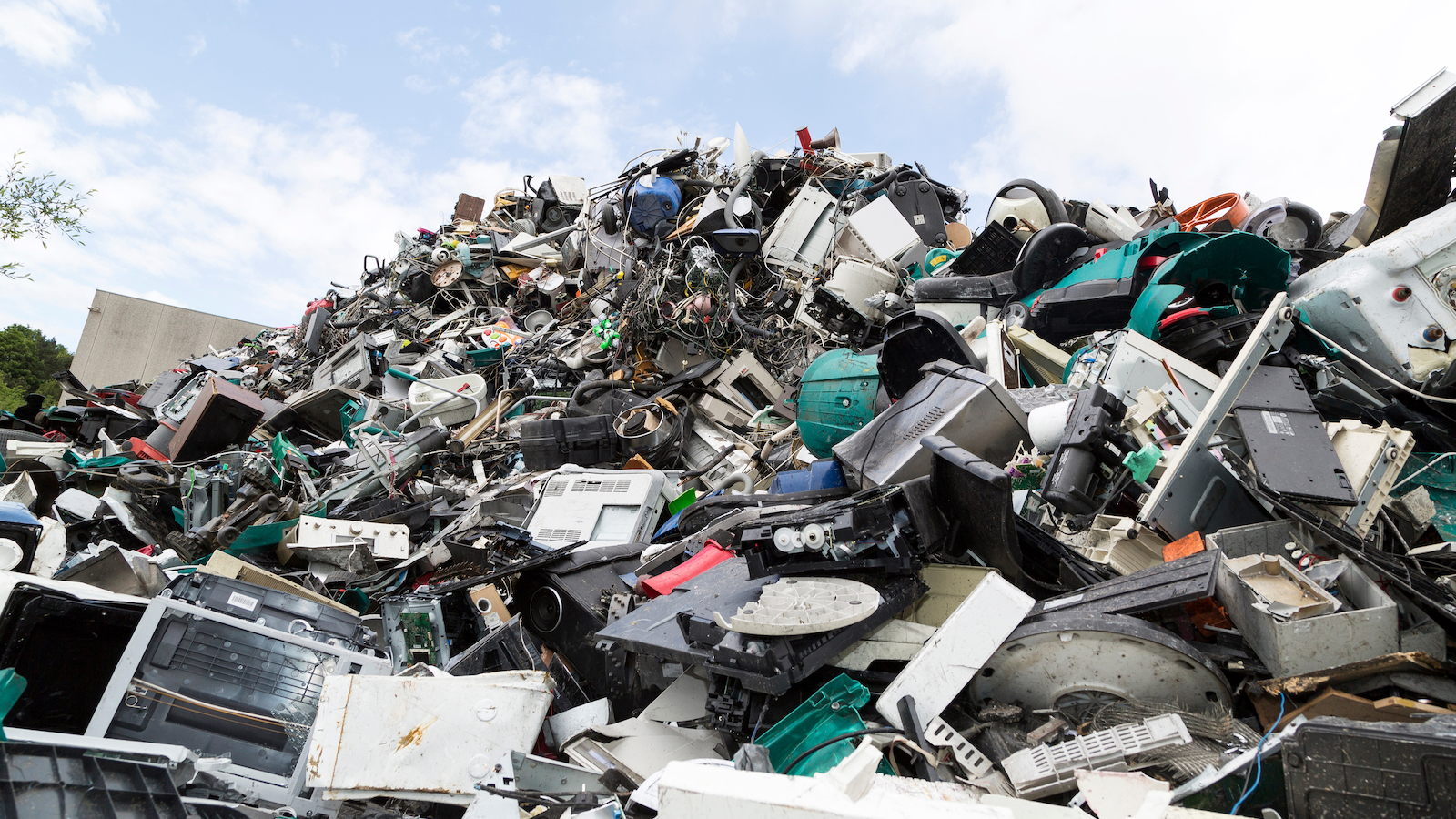
How to have a zero waste cookout
By being conscious and taking a few extra steps when planning a cookout, we can all reduce the amount of waste we create, and in many ways, have better cookouts than before.

With the possibility of larger group gatherings returning, people are looking forward to once again having their annual summer cookouts. Coming from the South, cookouts are a sort of art form. They offer an opportunity for communities to come together and families to bond. Some of my best birthday parties were just cookouts with friends.
One thing, however, that often gets overlooked at cookouts is the sheer amount of waste that these events create. By being conscious and taking a few extra steps when planning a cookout, we can all reduce the amount of waste we create, and in many ways, have better cookouts than before. I even did it myself this past weekend on Juneteenth.
Here’s how I did it, and how you can too:
Plan it out
The best way to have a zero-waste cookout is to plan well from the start while being conscious of what you need. For instance, I made sure to check if I had any disposable cups or plates beforehand, and I found an entire unopened bag of cups in my cupboard. While the goal of this cookout is to have no waste, if you have already bought something in the past you should definitely use it. Disposable plates aren’t even necessary though, which is why I called and asked people to bring their own plates and utensils if they could, and washed all of my plates the night before so we wouldn’t be creating unnecessary waste.
Compostable utensils can be a good replacement for the disposable plastic ones, but it is important to keep in mind that they still have to be placed in a compost bin since they won’t break down in a landfill. For drinks, I bought them in bulk and poured them in metal and glass cups.
Buy the right food
When buying food, I made sure I had a good headcount on who I knew was coming so I would not have too much food waste. This step is important, but don’t sweat it too much because everyone loves leftovers. One tip I found very helpful is to get the meat from the butcher at the grocery store and not just from the frozen area. Meat packaging is not very sustainable, and having a freshly cut rack of ribs from the butcher tasted way better than the packaged ribs. Also, don’t be afraid to ask people attending if they might have any food in their house to bring. I learned that one of my friends makes very good mashed potatoes because he had extra in his house that he brought to the cookout. For vegetables like collard greens or corn on the cob, try to avoid plastic. This includes produce bags. Many grocery stores will allow you not to use them; you just have to ask.
Make your own decorations
Store-bought decorations can add up to create a lot of waste, so it is important to keep in mind what you do and don’t need. Balloons are nice, but how many times do they end up floating away mid cookout? This year I made signs and other decorations by myself, and I can keep using them next year. Also, homemade decorations can be a fun arts and crafts project to do beforehand. You could even make it a contest between the people attending your cookout to see who makes the best decoration. If you want to buy decorations, make sure they can be reused for future events. For instance, my friends spray painted an old table cloth with cool designs from TV shows we watch, and now I can use that for a very long time.
The cookout itself is business as usual, but now it may have a better feeling of community involvement since everyone has pitched in to reduce the waste created by the event. Cleaning up this weekend was much quicker since we had less to throw away, and almost everything went into recycling or was taken back home by my friends.
I would certainly say this year was a successful first shot at having a zero waste cookout. Going forward, barbecues are going to take less time to plan since we will already have the decorations and utensils ready to go. I didn’t want to be that annoying activist friend when I originally told my friends I was doing this, but by the end of the cookout, it had cost less and was much more efficient than in years past. In fact, I already have everything I need other than the food itself ready to go for this weekend’s 4th of July summer cookout.
Topics
Find Out More


A look back at what our unique network accomplished in 2023

Are compostable and biodegradable plastics better for the environment than regular plastics?
